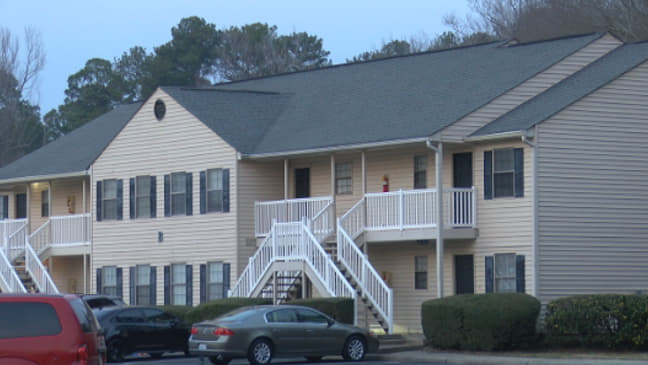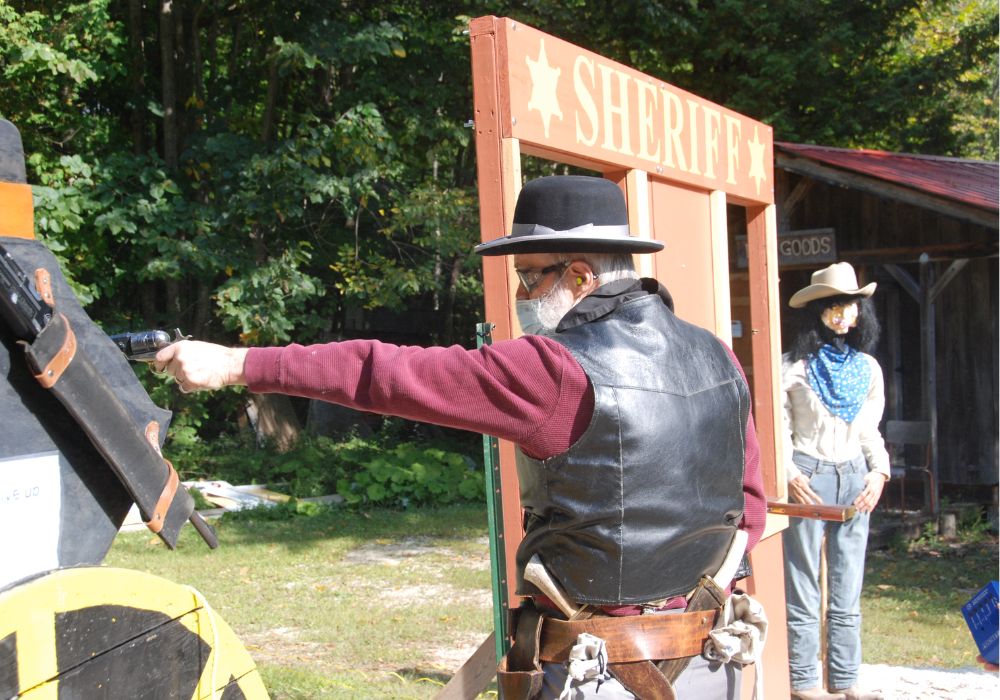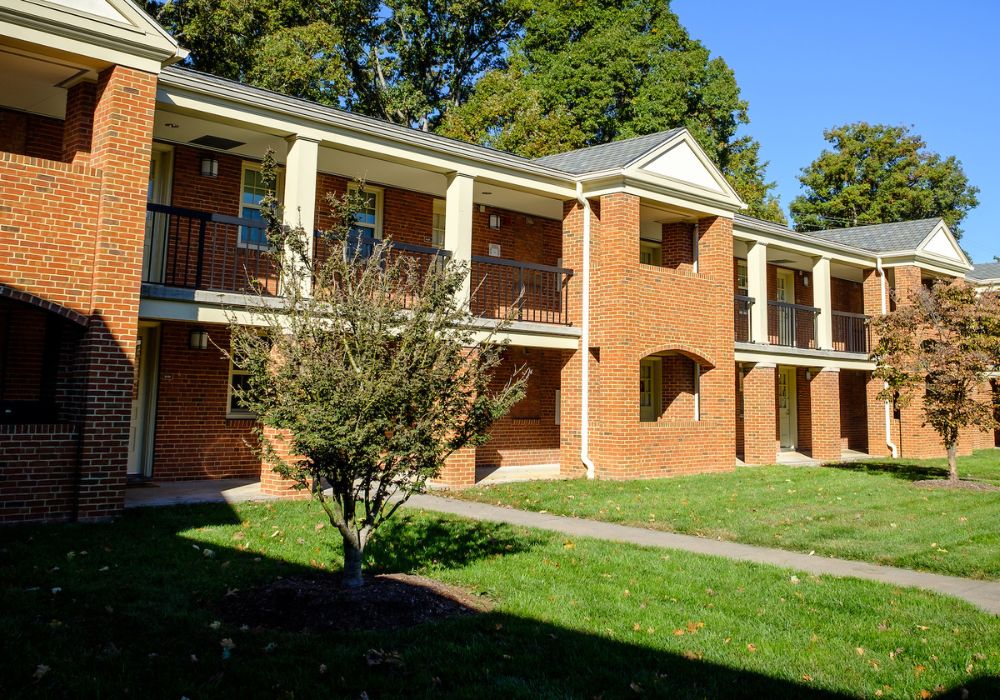When renting a property, it is important for tenants to understand their landlord's rights to inspect the rental. While landlords are allowed to conduct walk-through inspections periodically, there are certain rules and regulations they must follow regarding notice and consent.
In this article, we will explore the question can a landlord do a walk through without you.
Can a landlord do a walk through without you?
Yes, landlords are typically allowed to conduct walk-through inspections of a rental property without the tenant being present. However, there are certain guidelines and restrictions that landlords must follow. Landlords are not permitted to simply enter a tenant's residence at any time without notice or cause. Tenants still maintain privacy and other rights that landlords must respect.
Related: Can A Landlord Take Away Amenities?
What notice is required for a landlord to do a walk through?

Most states require landlords to provide tenants with advance notice, usually at least 24 hours, before conducting a walk-through inspection of the rental property. This notice must be in writing and clearly state the date and time that the landlord plans to enter. Exceptions to this notice requirement only apply in cases of emergency or if tenants have abandoned the property unlawfully.
Does the tenant have the right to be present for the walk through?
Yes, while landlords have a right to inspect their properties periodically, tenants likewise have a right to privacy. As such, tenants generally have the option to be present for any non-emergency walk-through conducted by the landlord.
Tenants can refuse entry if proper notice is not given or if they wish to observe the inspection. Landlords cannot demand entry or access without tenants granting permission.
What is the scope of a landlord's walk through inspection?
When performing a walk-through, landlords are limited to inspecting areas relevant to the condition of the property and compliance with the lease agreement. They cannot enter private spaces unauthorized or rummage through tenants' personal belongings.
The goal is only to document repairs needed or assess property condition. Any inspection must be done respectfully and not infringe on tenants' quiet enjoyment of the residence.
Can a tenant refuse a landlord's request for a walk through?
In most non-emergency situations requiring notice, tenants can refuse a landlord's request to conduct a walk-through inspection. However, leases may outline specific circumstances where periodic inspections are permitted, such as before lease renewal.
Barring that, landlords cannot force entry against a tenant's will if they have not violated their lease obligations or abandoned the property. Tenants maintain control over granting entry to their living space.
What recourse do tenants have if landlords violate walk through rights?
If landlords enter a tenant's residence without proper notice or consent, tenants have potential legal recourse. They can report unauthorized entry to local law enforcement as trespassing. Tenants may also make a formal complaint to their local rental housing agency or file a suit in civil court for any damages resulting from the landlord's actions, such as loss of quiet enjoyment.
Documenting all lease violations helps tenants establish cases against non-compliant landlords.
Conclusion
In summary, landlords are afforded periodic walk-through inspections of rental properties as part of routine maintenance and management. However, they must provide advance notice and limit inspections to areas relevant to lease obligations or property condition. Tenants still maintain significant privacy protections and control over granting entry.





